Concussions are very commonly sustained in car accidents. A concussion is a traumatic brain injury caused by sudden trauma that causes damage to the brain. This type of injury can pay big in an injury claim. In this video, I will tell you what you need to know if you have sustained a concussion in a car accident in order for your injury case to not only possibly get you six or seven figures or beyond but also to make sure you get the proper medical treatment to treat your brain injury.
The Story of Ben
To illustrate my point, I want to tell you the story of my past client, Ben. Ben had been involved in a motor vehicle accident where both he and the other driver claimed to have had the green light and the right of way. Ben went to the hospital after the accident and was diagnosed with a concussion, among other less serious injuries. Unfortunately, no independent witnesses were discovered that had witnessed Ben’s wreck who could definitely say whether or not Ben or the other driver had the green light.
Initial Denial and Legal Involvement
The other driver’s insurance company backed their insured’s version of the accident and denied Ben’s injury claim, claiming Ben was liable for the accident. This is when I got involved with Ben’s case. Ben’s case had been referred to me by another lawyer to specifically file a lawsuit and litigate the case. In fact, I was the third attorney who had represented Ben in this case as the previous lawyers didn’t think the case was worth their time. So I filed a lawsuit. Despite the only evidence that existed that my client in fact had the green light being my client’s word, I eventually was able to get the other driver’s insurance company to pay out their insured’s policy limits after months of litigation.
Potential for More Compensation
This was good news for Ben. However, my client would have potentially received even more money. He had what is called underinsured motorist insurance coverage on his automobile insurance policy. Since he received the policy limits from the other driver, he could have chosen to then pursue a claim against his own insurance company under the underinsured motorist coverage. Ben chose not to do this, however, and I understood why. But I certainly think he could have recovered more money if we pursued his claim further.
Importance of Medical Evidence
First of all, Ben was happy with his settlement with the other driver’s insurance carrier for the policy limits. Ben also did not want to litigate his case much further in court. But also, the value of Ben’s case likely was not worth much, if any, more than the amount he had received with the policy limits settlement. Ben unfortunately sought very little medical treatment after his trip to the hospital. All injury cases are dependent upon the amount of medical treatment you ultimately receive or are to receive in the future due to your accident.
Proper Diagnosis and Treatment
Despite my suggestion, Ben unfortunately never was seen by a neurologist or neurosurgeon to determine the extent of his head injury, even though his symptoms following the accident included head pain, headaches, nausea, and vomiting. In order to find out the extent of a traumatic brain injury due to a concussion in a car accident, it’s crucial to get the right medical care and to treat with a neurologist or neurosurgeon familiar with treating and diagnosing traumatic brain injury. The diagnostic procedures a neurologist or neurosurgeon can perform on you can significantly impact the value of your case if they find you have sustained even a mild traumatic brain injury.
Impact on Settlement
Once you are properly diagnosed, you can then get the proper and effective treatment you need to properly treat your brain injury. The thing is, just because you sustained a brain injury in a car accident doesn’t mean the insurance company will make you a fair and reasonable offer in your case initially.
Responding to a Lowball Offer
So what do you do when the insurance company makes you a lowball offer? In order to possibly get a fair and reasonable settlement offer in your brain injury case, you have to know how to respond to a lowball settlement offer. In this video about to pop up here, I’ll tell you four tips as to what to do when you get a lowball settlement offer in your brain injury case.
Final Note
Lastly, if you’ve been injured in a car accident in Kentucky, remember: don’t wait, call Tate. Contact us for a free consultation.
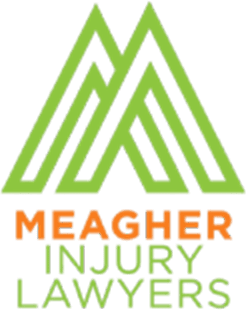
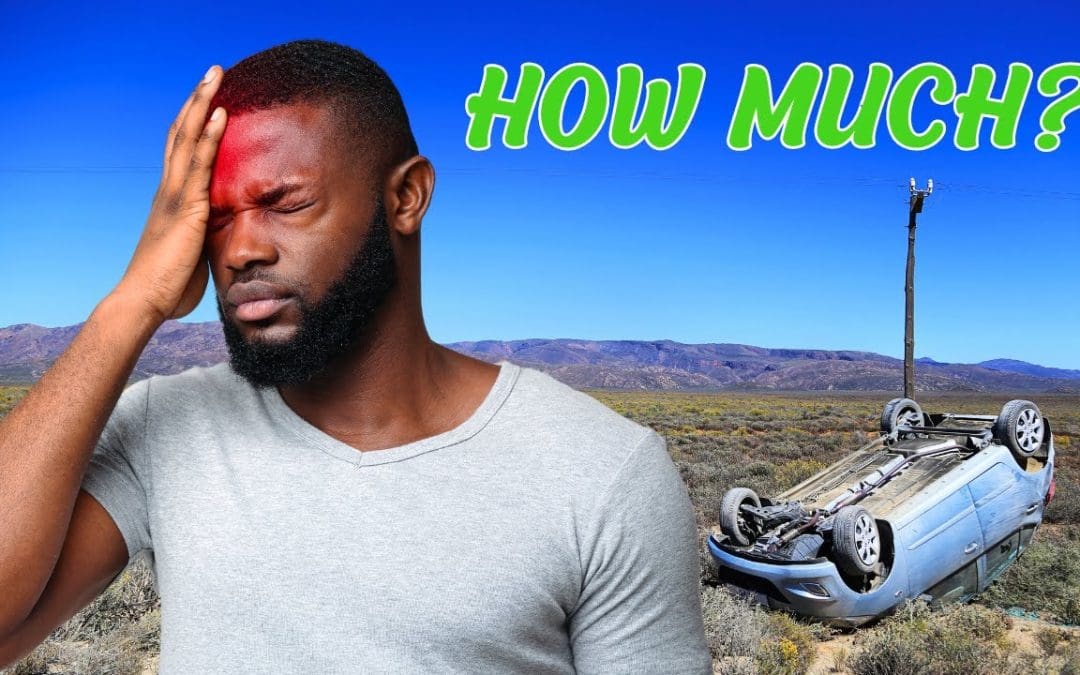

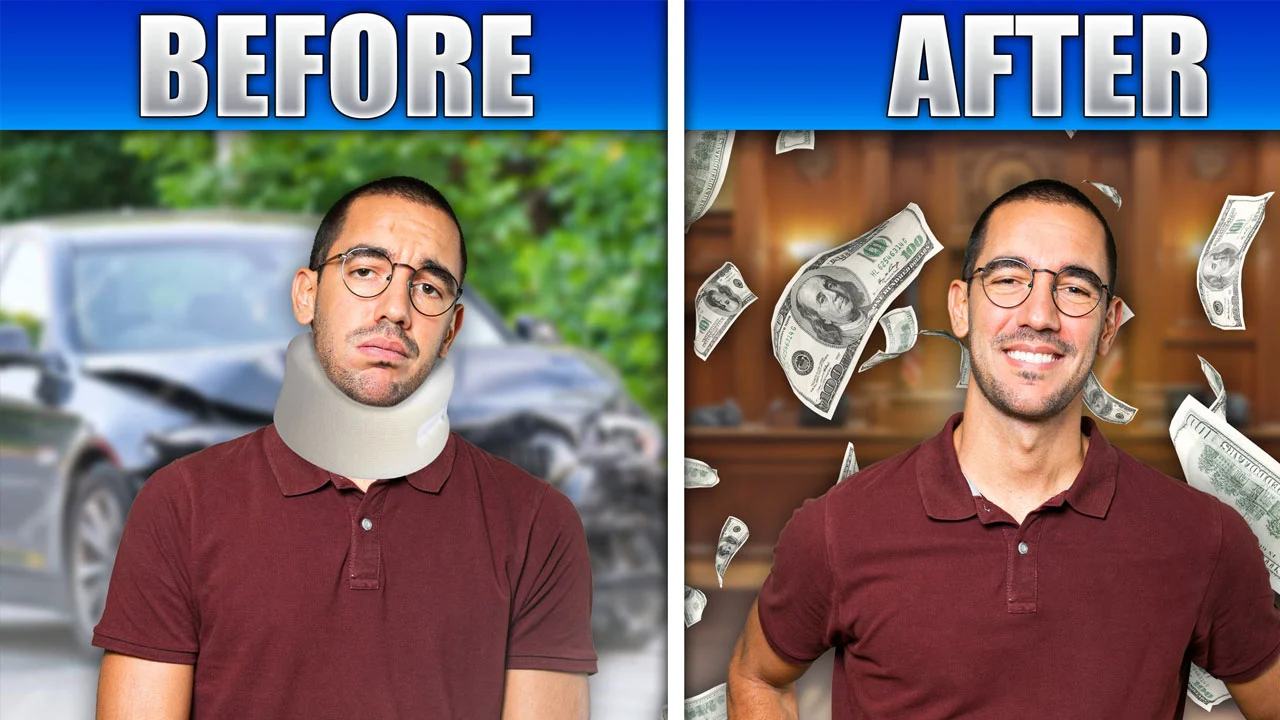
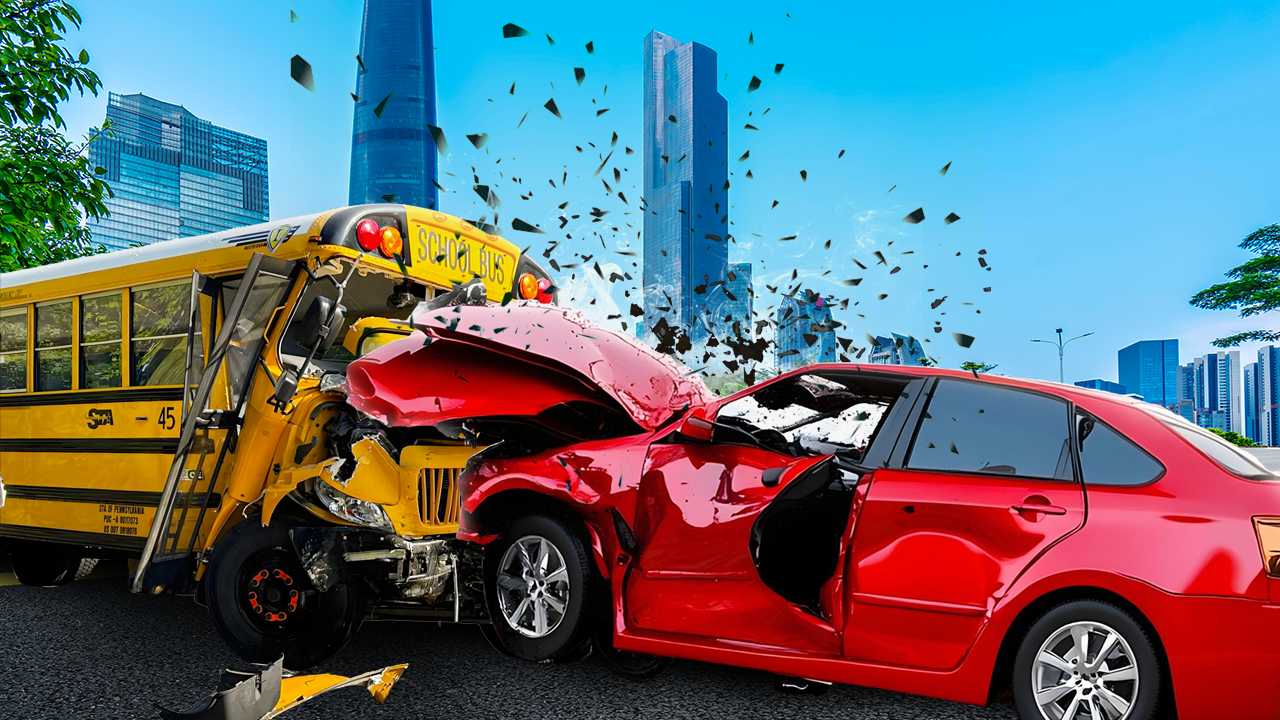
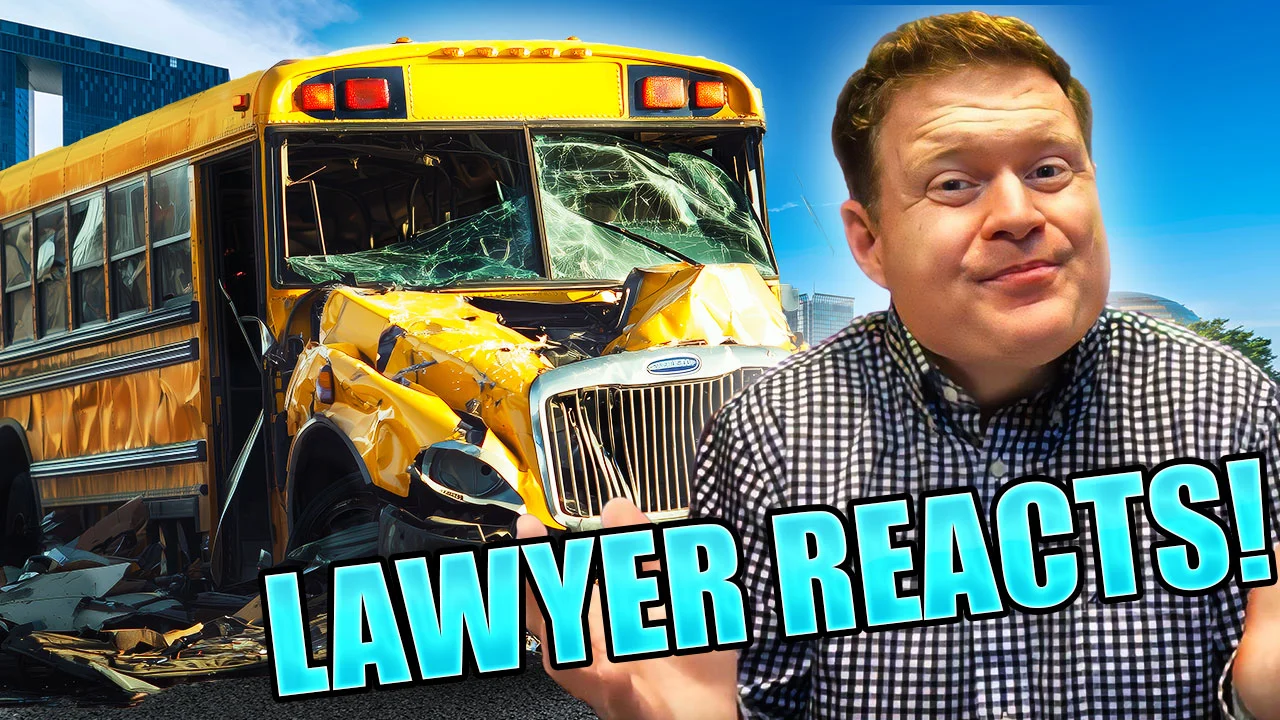
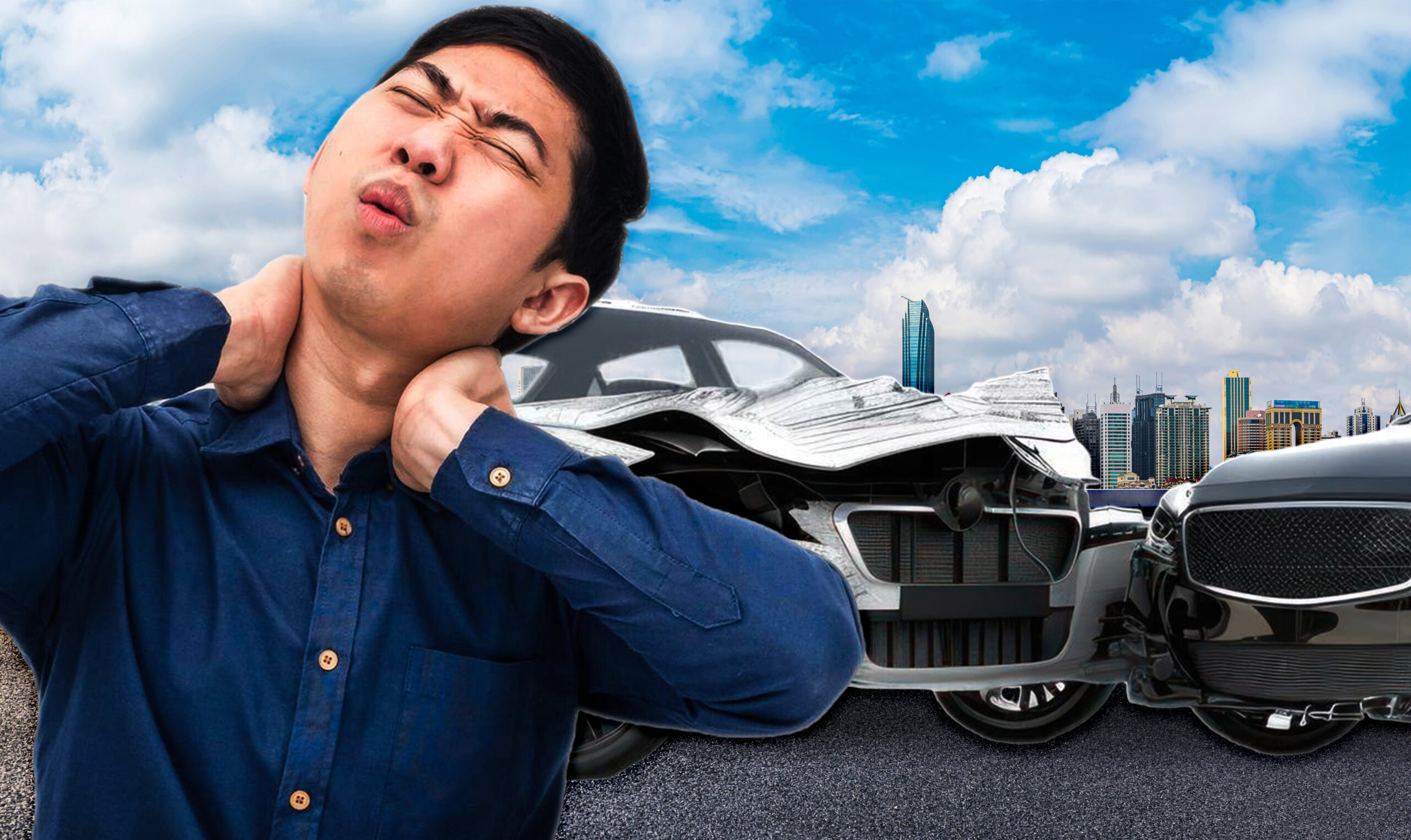
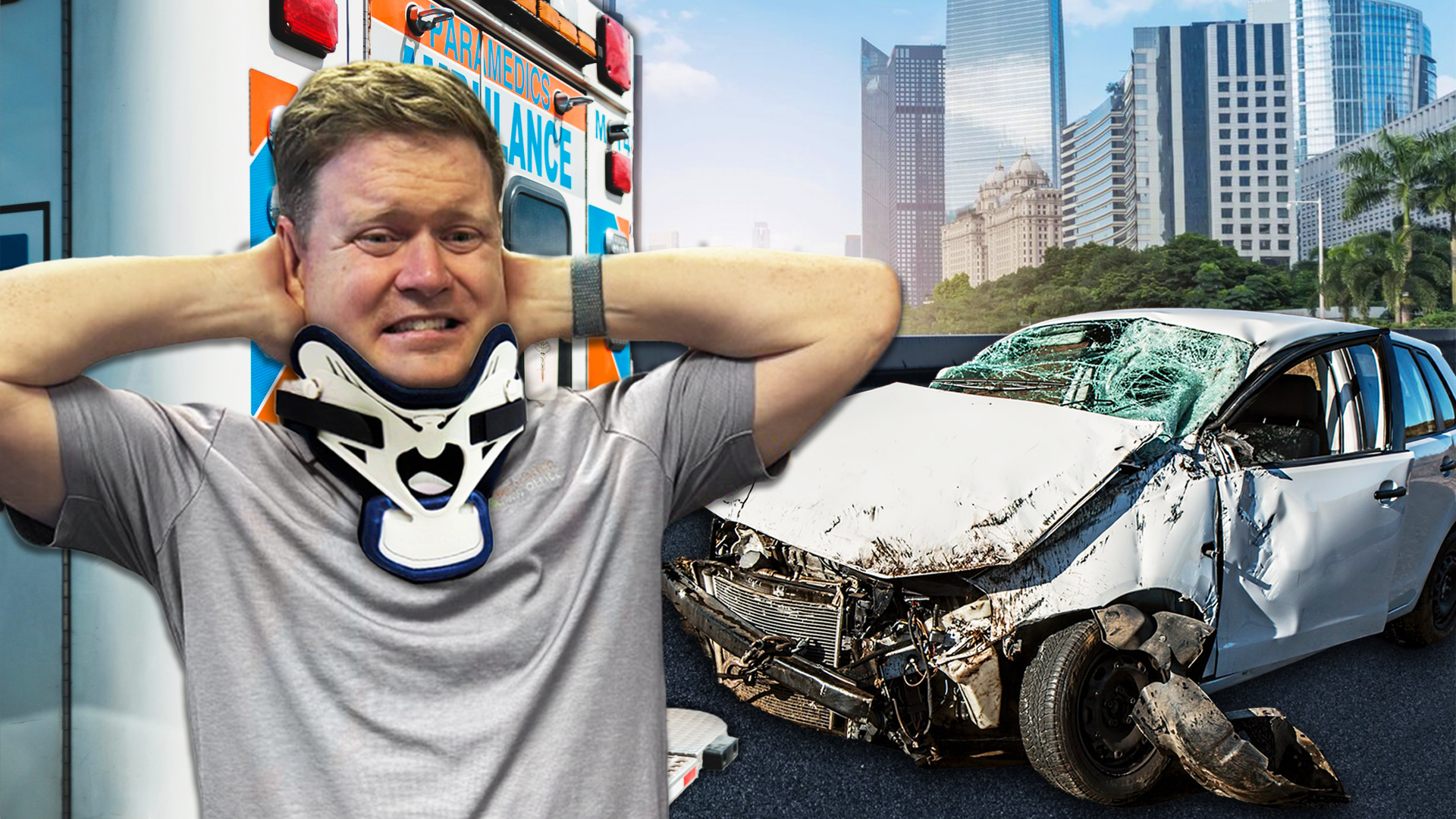
Recent Comments